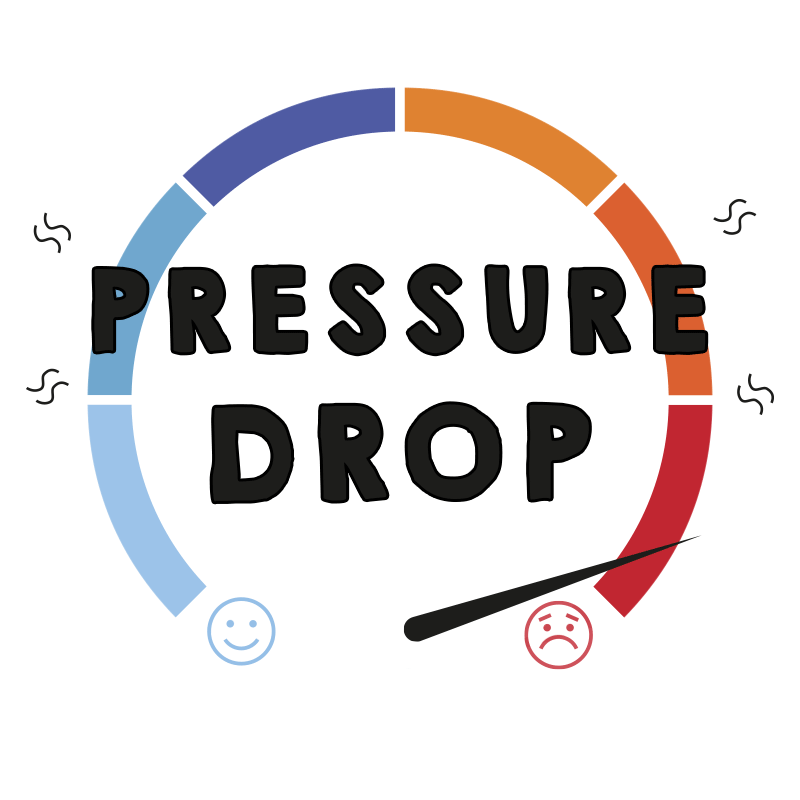
Let the pressure drop this exam season...
#pressuredrop
We recognise that studying at home is not ideal for everyone, and can pose challenges for your concentration, productivity and mental health.
We recommend reading MHFA England's guide to supporting your mental health while working from home, which includes helpful tips about setting a routine, organising your workspace, and staying connected.
Scroll to the bottom of the page for Warwick students' tips!
Managing Exam Stress & Anxiety
At the SU we encourage students to always make informed decisions in order to ensure students’ safety and have therefore compiled a list of resources on the three most commonly used ‘Study Drugs’ at Warwick, in addition to listing productive alternatives to study drugs.
We'd also encourage you to read our study drug safety tips before using any study drugs.
A survey of 250 students conducted by The Boar found that 40% of students at Warwick had considered taking study drugs (nootropics) before and just over half of respondents said they would take study drugs to increase productivity.
The survey sought to find out the circumstance, frequency and types of study drugs used by students at Warwick. The survey found that 12.4% of students admitted to having taken study drugs in the past. The most popular time for this, as answered by 48% of students, is that they would only take study drugs around important deadlines and exams. The most common study drugs used by participants were modafinil/ritalin, followed by adderall.
Ritalin
Ritalin is a stimulant and a medication used to treat Attention Deficit Hyperactivity Disorder. Read more about it, including how it feels, the risks, and the law, at Talk to Frank.
Modafinil
Modafinil is a drug used to promote wakefulness in patients with excessive sleepiness. Read more about it, including potential side effects, and how it interacts with the contraceptive pill here.
Adderall
Adderall is a combination of amphetamine and dextroamphetamine which is used primarily to treat symptoms of Attention Deficity Hyperactivity Disorder. Read more about how it works, its effects, and signs of overdose here.
All three of the above drugs are prescription only. Read here about the legal guidelines for both possessing and dealing these drugs without a prescription.
Alternatives to Improving Memory, Focus and Overall Revision
Support relating to addiction & dependency
Local support - Coventry & Warwickshire:
Confidential Support & Advice
SU Advice Centre
The SU Advice Centre Team is extremely experienced and will help you resolve your problem or find the right person to talk to. The service is provided free to all students of Warwick University and is confidential, impartial and non-judgmental. We are also independent of the University.
Contact us on
advice@warwicksu.com
024 765 72824
University Wellbeing & Support Services
Wellbeing Support Services provide a range of support to help you develop the personal resources and skills you need to navigate the challenges and opportunities of student life.
If you have an academic concern, including related to the university's examination timetable or mitigating circumstances, please contact your department. They can also support you through deferral of examinations if you feel that you'll be unable to complete your exams this summer.
You can find copies of the university's student newsletters online, which will include essential updates about examinations. PGR students should look to the Doctoral College webpage for updates.
If you would like support in relation to any of the above, we would encourage you to contact the SU Advice Centre.